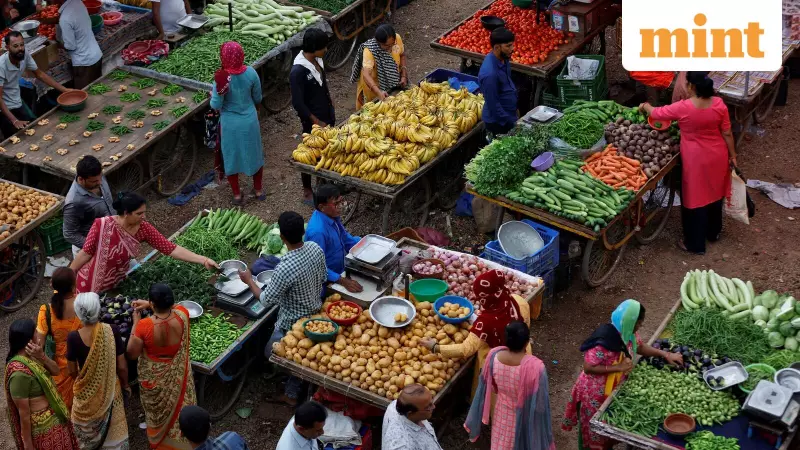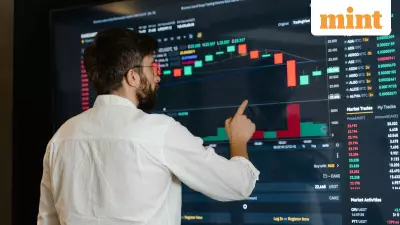
Record Low Inflation Opens Door for RBI Rate Cut
India's economic landscape has transformed dramatically with inflation plummeting to a historic low of 0.25% in October, according to government data released on Wednesday. This remarkable development provides the Reserve Bank of India with unprecedented room to maneuver as it contemplates its next monetary policy move in December.
The current inflation reading has remained below the RBI's 2% lower threshold for three out of the past four months, signaling sustained price stability. This economic environment represents what many analysts are calling a policymaker's dream scenario - strong growth fundamentals combined with subdued inflationary pressures.
What's Driving India's Inflation Trend?
Contrary to concerns that low inflation might indicate weak demand, current economic indicators suggest otherwise. The dramatic dip to 0.25% is partially attributed to a high statistical base effect from previous periods, which economists expect will normalize over coming months.
A significant contributor to the cooling inflation has been the behavior of food prices. Plentiful rainfall during the monsoon season has boosted agricultural output, leading to improved supply conditions across food categories. This has had a cascading effect on broader inflation metrics, providing additional comfort to monetary policymakers.
While inflation is expected to rebound from its current record low, most analysts project it will remain within the RBI's comfort zone in the medium term. This stability strengthens the argument for monetary policy action to support economic growth.
Economic Implications and December Policy Outlook
India's economy continues to demonstrate robust growth momentum despite global headwinds. However, private investment remains a concern for policymakers, showing only tentative signs of recovery despite various government stimulus measures.
The government has already taken fiscal measures, including tax reductions, to stimulate consumption. Attention now shifts to the RBI to complement these efforts through monetary policy support. A rate cut in the December policy review could significantly reduce borrowing costs for businesses and consumers alike.
Global economic uncertainty, particularly stemming from America's tariff policies, has prompted economies worldwide to prepare for potential shocks. In this context, proactive monetary policy action from the RBI could provide crucial insulation for India's growth trajectory while encouraging much-needed private capital expenditure.
With inflation at record lows and growth holding firm, the stage appears set for the central bank to take decisive action when it meets next month, potentially marking a significant turning point for India's investment climate.





